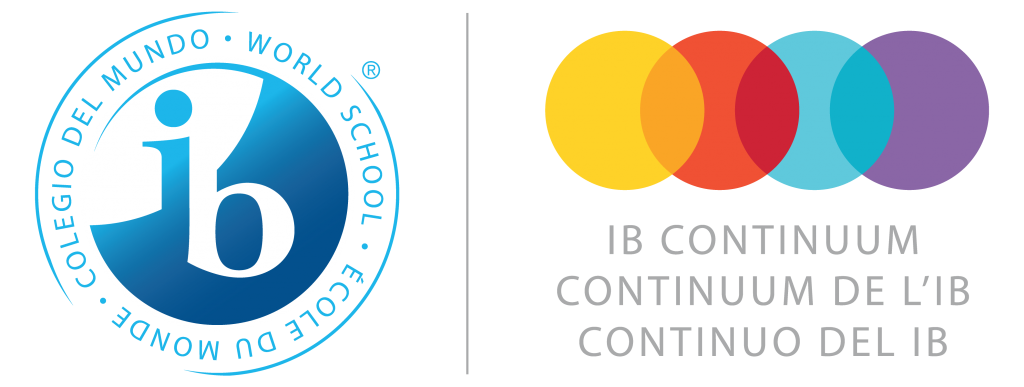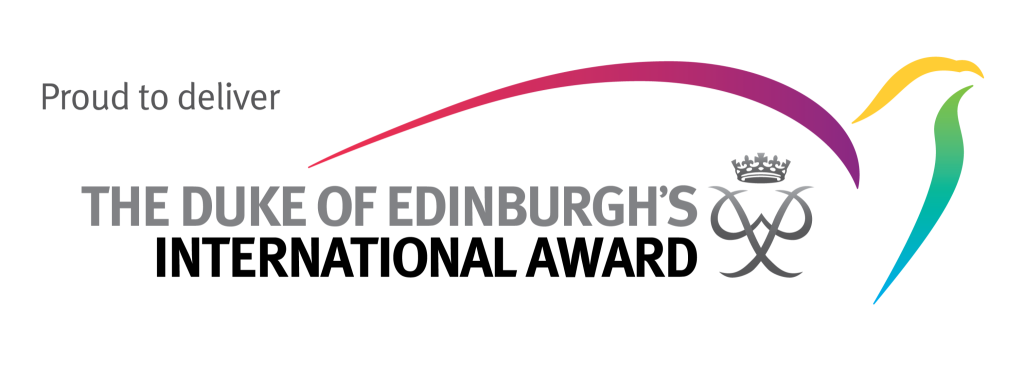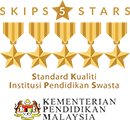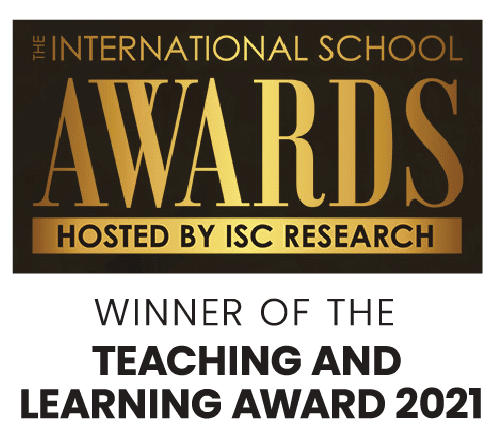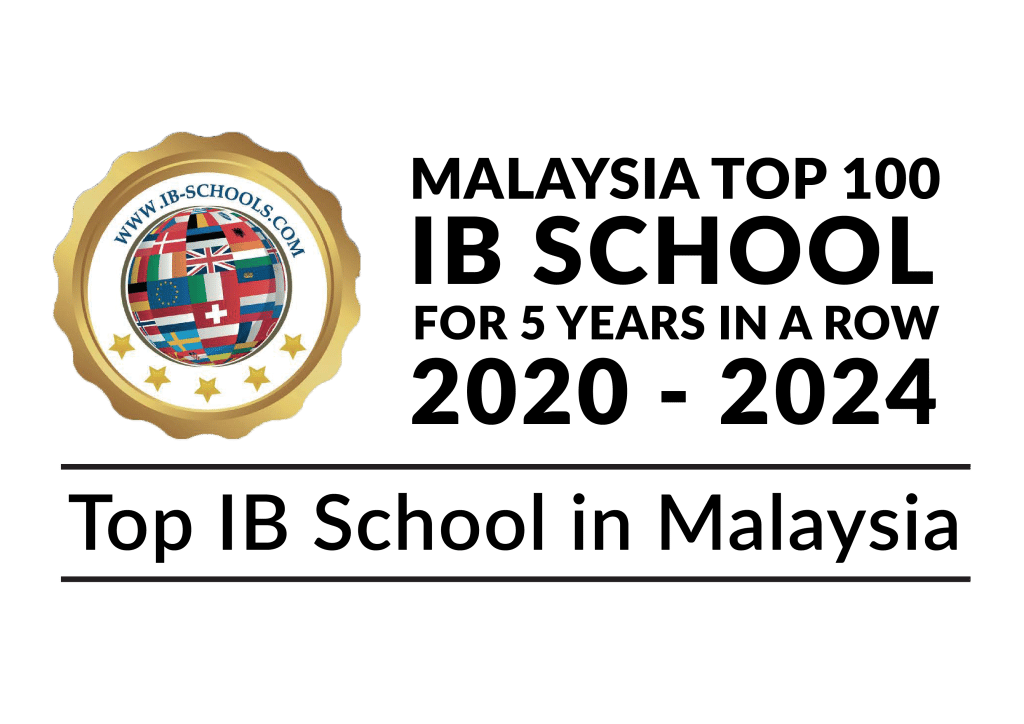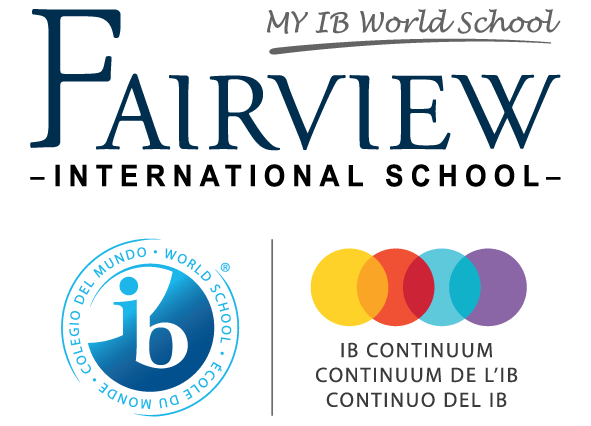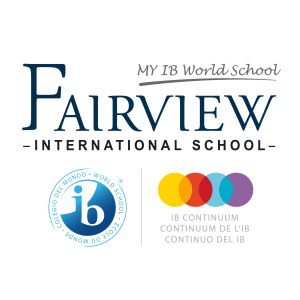“Chaos”; I’m a father of a 4 boys and like all responsible parents, my wife and I started the conversation about how we should educate our children. Looking at all the options, schools and systems I thought of one word, “Chaos”. Where and how do we begin to start thinking about how our children should be educated?
Advertisements these days are full of schools with extravagant facilities and pretty pictures. But do big football fields and Olympic-size swimming pools educate children? The veneer looks good but isn’t there more? How about fancy hardware like tablets and laptops? No. That can’t be it either.
How about teachers and where they come from? Superficially that held promise but does that mean that the ability to educate my son is restricted to individuals from certain countries? Surely not! I’ve observed that the best teachers and mentors hail from all walks of life; from humble “Kampung” beginnings to fancy foreign private schools. Interestingly, their most valuable lessons did not rely on their knowledge of the subject(s) taught but from the wisdom and skills they imparted; Skills like teamwork or organisation; Wisdom which will allow my son to integrate knowledge, experience and a deep understanding that incorporates tolerance for the uncertainties of life including its ups and downs. Not to rush to conclusions, to see the bigger picture and to calmly approach any situation knowing that everything plays out over time. What would I pay for my son to grow into an educated man, brimming with skills and wisdom?
Now, educational systems; How different are all these systems, really? They typically vary by what is taught, whether we teach one aspect of history or leave out another. Do I want my son to learn the Malaysian, British or Australian history? Surely that cannot be the answer. How do schools vary? Often from aligning themselves along geographical affiliations, the differences are typically the size of the school, teacher nationalities, student nationalities, extra-curricular activities and of course, swimming pool sizes. Isn’t there more?
Almost every educational system pays lip service to skills and value education but when we look at how they demonstrate value in their assessments, exams and certificates, there is little mention.
Enter the International Baccalaureate (IB); A revolutionary system that has changed the way we look at education forever. Finally, a programme that does not affiliate itself with ever-changing national agendas but rather one that focuses on the “how” of learning. Skills and values are paid equal importance in their assessment as knowledge acquisition. An IB student is assessed (examined) on not just their history facts but how to analyze the situational context, work in a team and their ability to consider the ethical perspectives. What would you pay for that kind of education?
By Dr Vincent Chian, Principal of Fairview International School KL
[ninja_form id=12]

